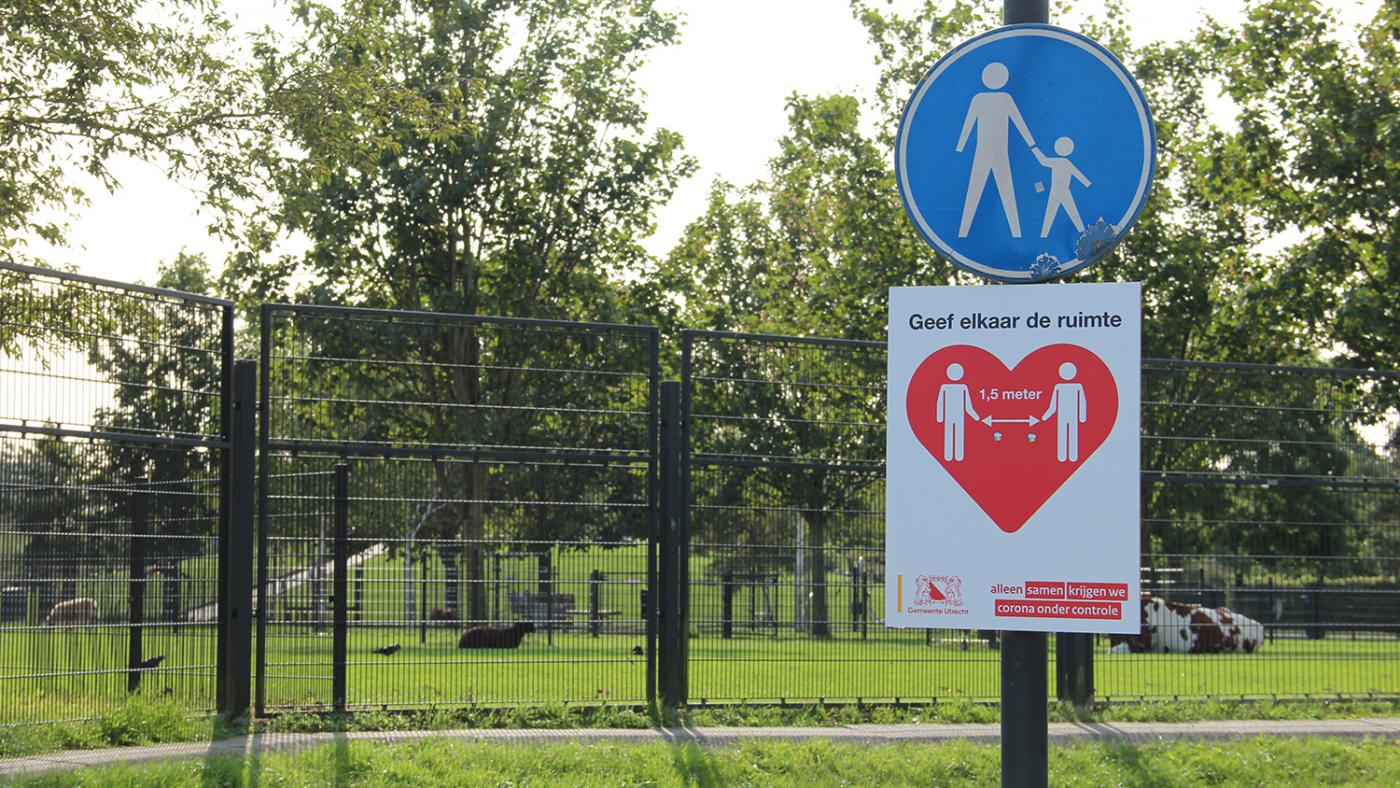Increased number of corona infections in student cities: 'Young people are not on an island'

In almost all major student cities, the number of corona infections has been increasing since the start of the introduction weeks. After corona outbreaks in Maastricht, Tilburg and Wageningen, the number of infections among students in Delft and Groningen also increased last week. This also applies to Nijmegen, where three student cafes have been closed. The universities of applied sciences and universities are not at fault: according to the local GGD’s, students mainly catch the virus during private parties in student houses.
In Utrecht, too, one third of the number of people infected was a student, writes the GGD Utrecht in its report of 16 September. The mayor of Utrecht had a meeting with the board of the Utrechtsch Studenten Corps (USC) after one student turned out to be infected with Covid-19 at a selection evening, writes RTV Utrecht. The USC has now banned all its members from giving house parties.
But corona is also spreading outside of Utrecht as well. At the beginning of this month, for example, a student café in Nijmegen was closed by order of mayor Hubert Bruls. Since then, more than fifty visitors have tested positive for the virus and 230 had to be quarantined.
Bruls recently announced that two more popular student cafes have to close. Both had received a warning earlier and one even had to close a few days earlier, Vox writes. Bruls called on students to take responsibility
Clusters
Drinks and initiations are forbidden for the time being, but at the insistence of the House of Representatives, student associations may still organise certain activities in the near future. That does not go well everywhere. Thirteen members of the Navigators Student Association Groningen have now tested positive. All activities have been cancelled for the time being, the association reports in a press release. The GGD is doing a source and contact research.
In Delft, the GGD is also seeing the number of corona infections among students increase, writes University magazine Delta. Here, too, the University is not to blame: there are 'a few clusters' within student residences. Physical education at Delft University of Technology continues as planned for the time being.
"It's not too late, but time is running out", Delft student associations write to their members in a warning letter. Partying in student houses, "that's absolutely not done!", Leiden rector Carel Stolker reprimanded his young followers on twitter this weekend.
Solidarity
The Dutch Student Union (LSVb) does not have the impression that all students throw massive private parties every weekend. "But for some young people these social contacts are very important," says chair Lyle Muns.
Now that clubs and student associations have to follow strict rules, he believes that private spaces are often the only place to get together. "Young people have spent months indoors in solidarity with vulnerable groups. But the longer such a situation lasts, the more difficult it becomes. This is not only true for students: even ministers and the King sometimes have difficulty keeping their distance.”
Vulnerable
Students often live very close together, Muns continues. "In big cities, or in rooms with shared communal areas. So even if you don't have a secret party, you're often extra vulnerable as a young person.”
But suppose students are only in close contact with each other and keep a neat distance outside their group of friends or student house: won't the infections be contained? That logic does not apply, Muns fears. "Indirectly, the virus does end up with the elderly anyway.”
Groups
The national umbrella organisation of GGDs does not make general statements about students. "We see that the infections are mainly increasing among young people," says spokesperson Sonja Kloppenburg. "It doesn't matter whether they are vocational, higher professional, or university students or working".
Young people between the ages of 18 and 30 spend more time in groups, she continues. "That is perfectly understandable, but that is where you are most at risk.”
In her opinion, the idea that the virus can stay neatly within that group of friends or within the student house cannot be substantiated. "Young people are not on a shielded island. Doesn't anyone have other contacts outside that group? Don't they take part in sports and never see their parents? I highly doubt that they don’t."
Basic rules
It is not realistic, says spokesman Coen Berends of the RIVM. "You can come into contact with the elderly in all sorts of places, just think of the supermarket.”
Moreover, he warns: even in your twenties, you are not completely safe. "There are also young people who become infected and seriously ill, or who need a long period of recovery.”
How can students stay both safe and cosy? "Keeping a distance is still the message," says Berends. "No matter how difficult that is. Especially at times when alcohol is involved.”
Kloppenburg of the GGD can only agree. "You can sit on a field with ten people, but not with ten people in a student room. The basic rules have always remained the same, and they are incredibly simple: keep a distance of a metre and a half and wash your hands.”